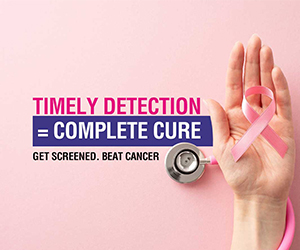Treating and Managing STIs Effectively
Learn how to effectively treat and manage sexually transmitted infections (STIs) with timely diagnosis, proper medication, partner notification, and ongoing care.

Sexually transmitted infections (STIs) are common and can affect anyone who is sexually active. The good news is that many STIs are treatable and manageable with proper medical care. Effective treatment not only helps relieve symptoms but also prevents complications and reduces the risk of transmission to others.
The first step in treating an STI is getting an accurate diagnosis through testing. Depending on the infection, healthcare providers may use blood tests, urine samples, or swabs from affected areas to identify the specific pathogen. Early diagnosis is crucial because some STIs can cause serious health problems if left untreated, such as infertility, chronic pain, or increased risk of HIV.
Treatment varies depending on the type of STI. Bacterial infections like chlamydia, gonorrhea, and syphilis are usually treated with antibiotics. It is important to complete the full course of medication, even if symptoms disappear early, to ensure the infection is fully eradicated. Viral infections such as herpes and HIV cannot be cured, but antiviral medications can help control symptoms and reduce the likelihood of transmission.
Managing STIs also involves informing sexual partners so they can get tested and treated if necessary. This step is essential in preventing the spread of infections within the community. Healthcare providers can offer guidance and support for partner notification and discuss safe sex practices to reduce future risks.
Regular follow-up appointments may be necessary to confirm that the infection has been cleared and to monitor for any complications. During treatment, abstaining from sexual activity is often recommended to allow healing and prevent spreading the infection.
Education plays a vital role in managing STIs effectively. Understanding how infections are transmitted, the importance of treatment adherence, and ways to protect oneself can empower individuals to make informed decisions about their sexual health.
In summary, treating and managing STIs effectively requires timely diagnosis, proper medical treatment, open communication with partners, and ongoing education. By taking these steps seriously, individuals can protect their health, prevent further transmission, and maintain a fulfilling sexual life.











